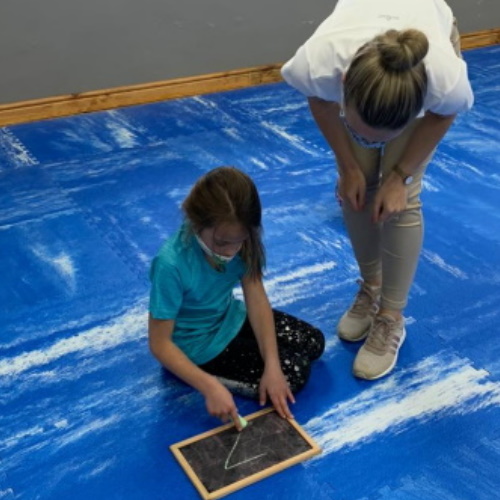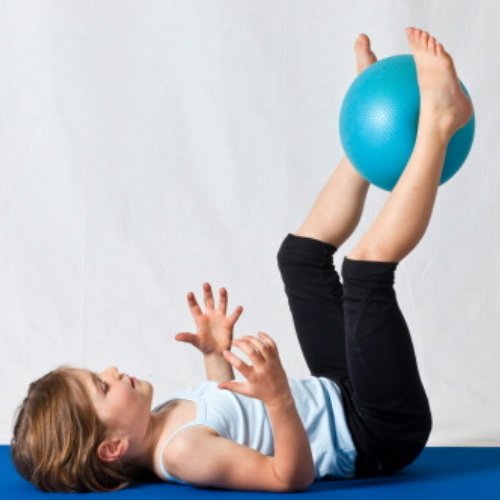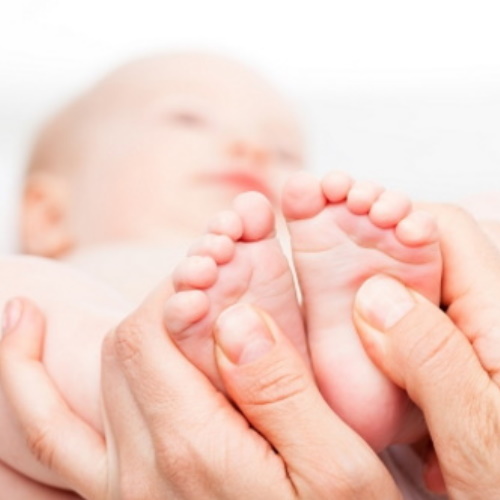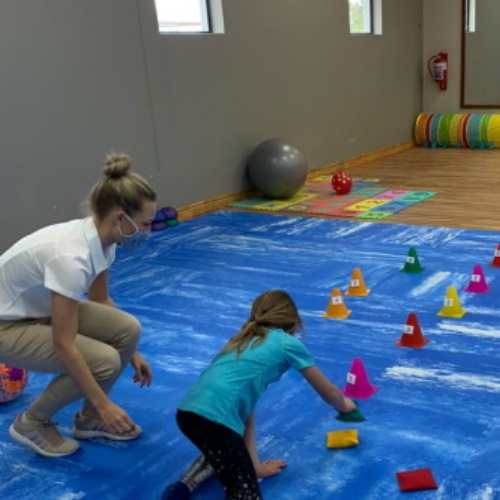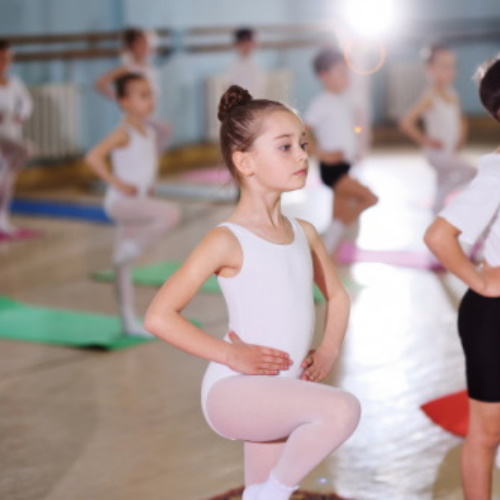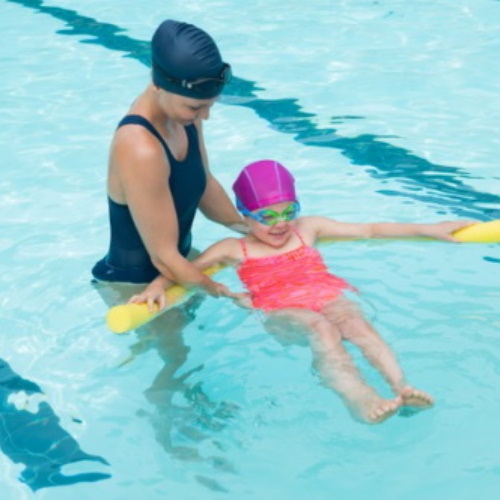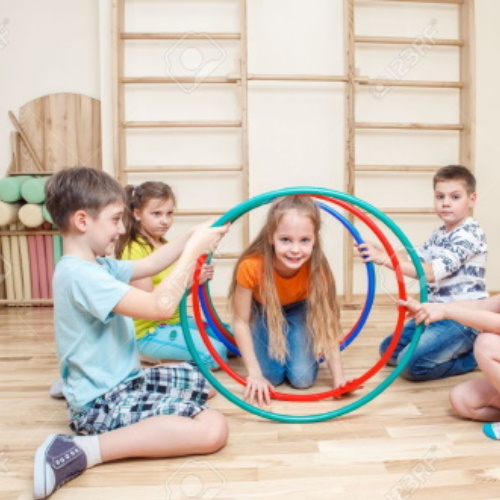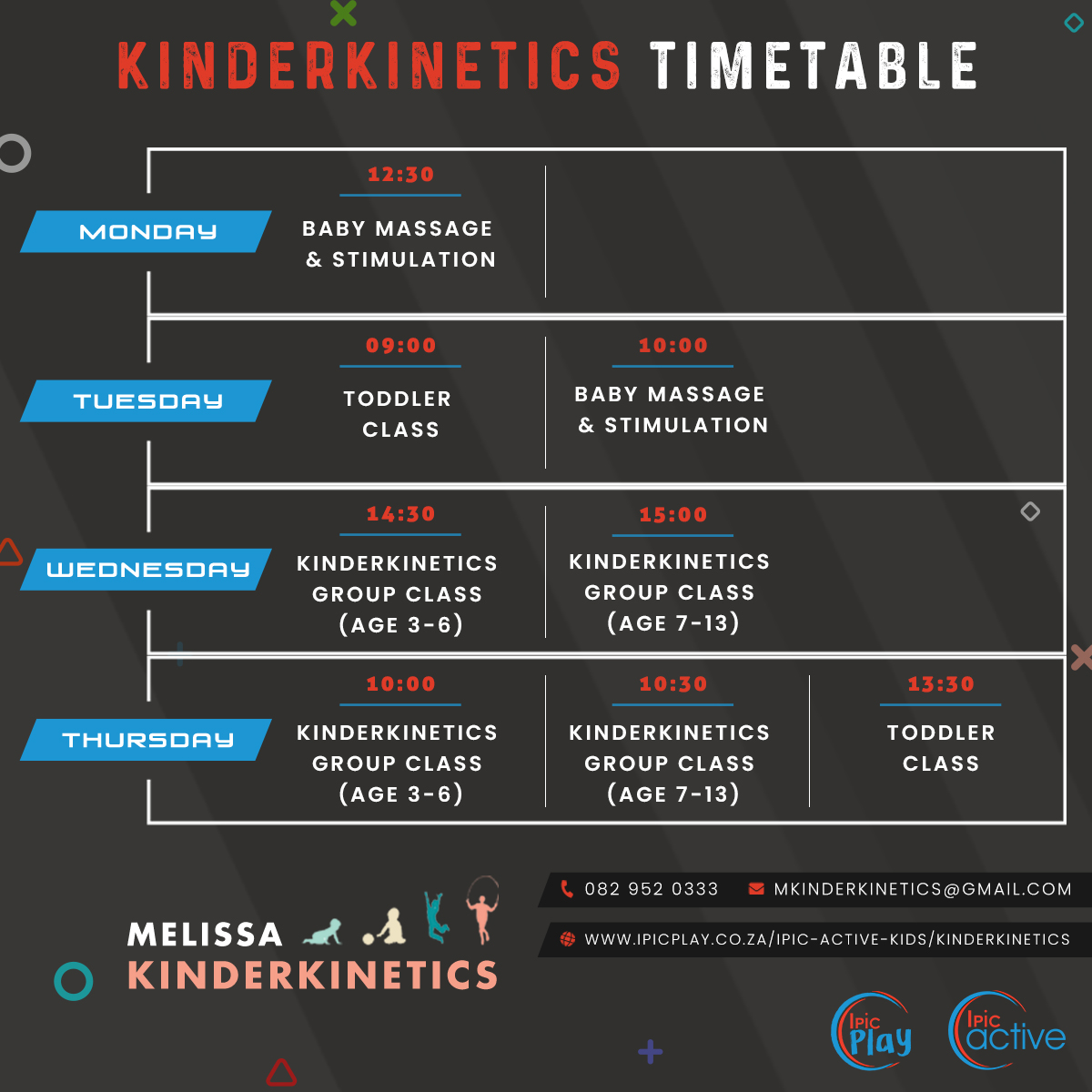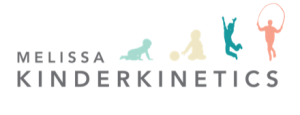
Kinderkinetics is a specialised paediatric profession which refers to the holistic development of children (ages 0-13 years) through movement therapy. It focusses on the sensory-motor movement, to optimise the neuro-motor and gross motor skills of children, neuro-typical and special needs. All programs are scientifically based, age-appropriate and focus on stimulating, refining and optimising motor development.
A kinderkineticist carries out scientific evaluations to identify delays (growth and/or developmental, health problems such as inactivity or obesity and health and developmental constraints) in children's development and address these delays through individualised and group programmes.
From the pre-natal period up to 6 years of age movement is highly important for brain development. This period is also a fundamental phase during which children develop their basic movement patterns. Stimulation through movement positively influences learning during this early stage and prevents any future delays in motor development; it also forms a base from which important motor skills can develop. Movement for children up to the age of 13 years old is just as important and beneficial to establish an active lifestyle which is a key habit to carry on through life. Neuro-motoric development greatly impacts school readiness and achievements. Academic skills are integrated into the programs which encourages the child to learn through movement. Individual attention is given to each child during all sessions because each child has his/her own developmental pace.
Children that experience any motor development difficulties, delays or form part of the special needs population (e.g. Autism Spectrum Disorder, Down Syndrome, ADD&ADHD, Developmental Coordination Disorder, Dyspraxia, Sensory processing disorder and intellectually impaired) benefit greatly from movement therapy. Kinderkinetics is therefore both remediating and preventative in its effect.
